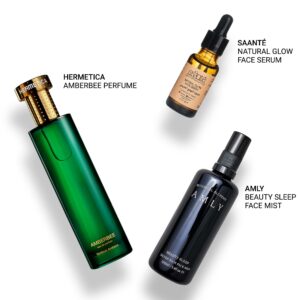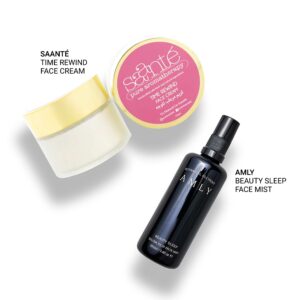Will Making Lifestyle Changes Help me to Sleep Better?


Globally, insomnia is one of the most prevalent sleep disorders. It is defined as a difficulty in falling asleep or staying asleep. Whilst medication can help, many people who have trouble sleeping are keen to explore other options and these can include lifestyle changes and supplements.
If you are having trouble sleeping, here are some things you could try before resorting to medications:
- Keep regular sleep hours. Try to go to bed and get up at approximately the same time each day.
- Avoid using smartphones, tablets and other electronic devices for an hour before bed.
- Limit alcohol, caffeine and nicotine consumption in the hours before bedtime.
- Avoid too much sugar before bed; fluctuating blood sugar levels can disrupt sleep.
- Consider implementing meditation and relaxation techniques before bed. Yoga exercises are one way of training the mind to be calm and to act in synergy with the body.
- Essential oils, such as lavender. There is actually very little scientific evidence to advocate the use of oils; however, they remain widely used as a sleep aid.
- Chamomile tea. As with the oils, there is little solid evidence supporting its use, but many people find drinking a cup before bedtime, soothes and relaxes them as they wind down.
In the case of essential oils and herbal teas, whilst the scientific evidence may be lacking, they have been used as natural sleep aids for many years, they undoubtedly do have a calming, soothing effect and the majority are unlikely to do any harm. Try the luxury beauty sleep box to help relax the mind and body before bed.
The National Centre for Complementary and Integrative Health (NCCIH) is keen to stress that natural does not always mean safe. Kava is a plant product with proposed sedative properties. However, it has been linked with liver damage and should not be used to treat insomnia.
If you have unexplained fatigue, you may be deficient in Vitamin D or iron. It is very easy to take an at-home Anemia test or a Vitamin D test to get insights into your symptoms.
Remember, there is no shame in asking for help, so if you are suffering from prolonged bouts of insomnia and it is impacting your physical and/or emotional health you should consult your doctor for advice.
To read more about insomnia click here.
Nabta is reshaping women’s healthcare. We support women with their personal health journeys, from everyday wellbeing to the uniquely female experiences of fertility, pregnancy, and menopause.
Get in touch if you have any questions about this article or any aspect of women’s health. We’re here for you.
Sources:
- Sarris, Jerome, and Gerard J. Byrne. “A Systematic Review of Insomnia and Complementary Medicine.” Sleep Medicine Reviews, vol. 15, no. 2, Apr. 2011, pp. 99–106., doi:10.1016/j.smrv.2010.04.001.
- “Sleep Disorders: In Depth.” National Center for Complementary and Integrative Health, U.S. Department of Health and Human Services, 20 Nov. 2018, nccih.nih.gov/health/sleep/ataglance.htm.













































